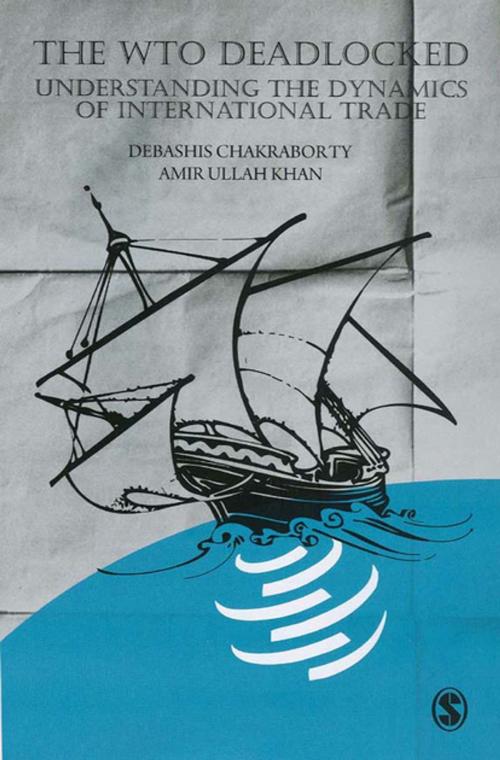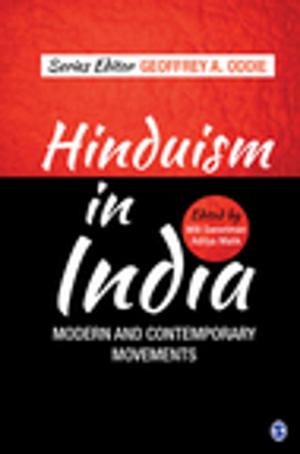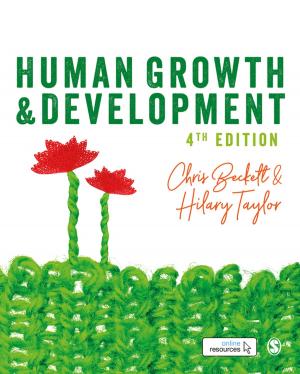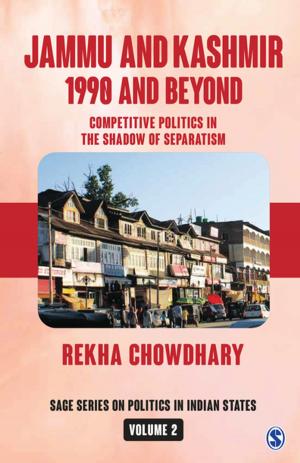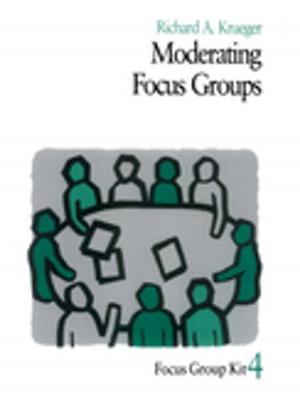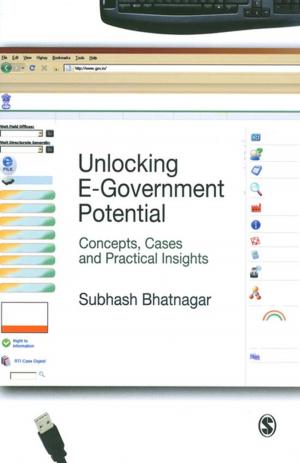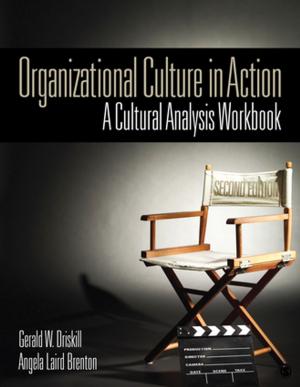The WTO Deadlocked
Understanding the Dynamics of International Trade
Nonfiction, History, Asian, Asia| Author: | Debashis Chakraborty, Amir Ullah Khan | ISBN: | 9789352801077 |
| Publisher: | SAGE Publications | Publication: | June 10, 2008 |
| Imprint: | Sage Publications Pvt. Ltd | Language: | English |
| Author: | Debashis Chakraborty, Amir Ullah Khan |
| ISBN: | 9789352801077 |
| Publisher: | SAGE Publications |
| Publication: | June 10, 2008 |
| Imprint: | Sage Publications Pvt. Ltd |
| Language: | English |
This book analyses the contemporary state of affairs at the World Trade Organisation (WTO) and India`s negotiating agenda at its various forums. The WTO is important for all the countries as more than 96 per cent of world trade is controlled by bodies affiliated to it. This book identifies areas in the WTO agreements that require systematic reforms. It also discusses the negotiating history of GATT/WTO, especially after the conclusion of the WTO negotiations in 1995, while not overlooking the failures of the Seattle Ministerial and Doha negotiations. It delves into the rights and interests of different interest-groups within the WTO.
Many WTO members nowadays believe that bilateral and regional trade agreements are the only ways to counter the problems involved with multilateral negotiations at the WTO. Concerned about this, the WTO has recently set up a committee to look into the increase in regional trade agreements and free trade areas. This book argues for multilateralism and therefore, a stronger WTO as a rule-based organisation.
This is an opportune time for WTO members to examine what is at stake and reconsider their positions. In this context, the book adds considerable value and will be of immense help to Indian negotiators and the industry. It will equally interest those involved in research in the fields of Economics, Politics and Sociology.
This book analyses the contemporary state of affairs at the World Trade Organisation (WTO) and India`s negotiating agenda at its various forums. The WTO is important for all the countries as more than 96 per cent of world trade is controlled by bodies affiliated to it. This book identifies areas in the WTO agreements that require systematic reforms. It also discusses the negotiating history of GATT/WTO, especially after the conclusion of the WTO negotiations in 1995, while not overlooking the failures of the Seattle Ministerial and Doha negotiations. It delves into the rights and interests of different interest-groups within the WTO.
Many WTO members nowadays believe that bilateral and regional trade agreements are the only ways to counter the problems involved with multilateral negotiations at the WTO. Concerned about this, the WTO has recently set up a committee to look into the increase in regional trade agreements and free trade areas. This book argues for multilateralism and therefore, a stronger WTO as a rule-based organisation.
This is an opportune time for WTO members to examine what is at stake and reconsider their positions. In this context, the book adds considerable value and will be of immense help to Indian negotiators and the industry. It will equally interest those involved in research in the fields of Economics, Politics and Sociology.
